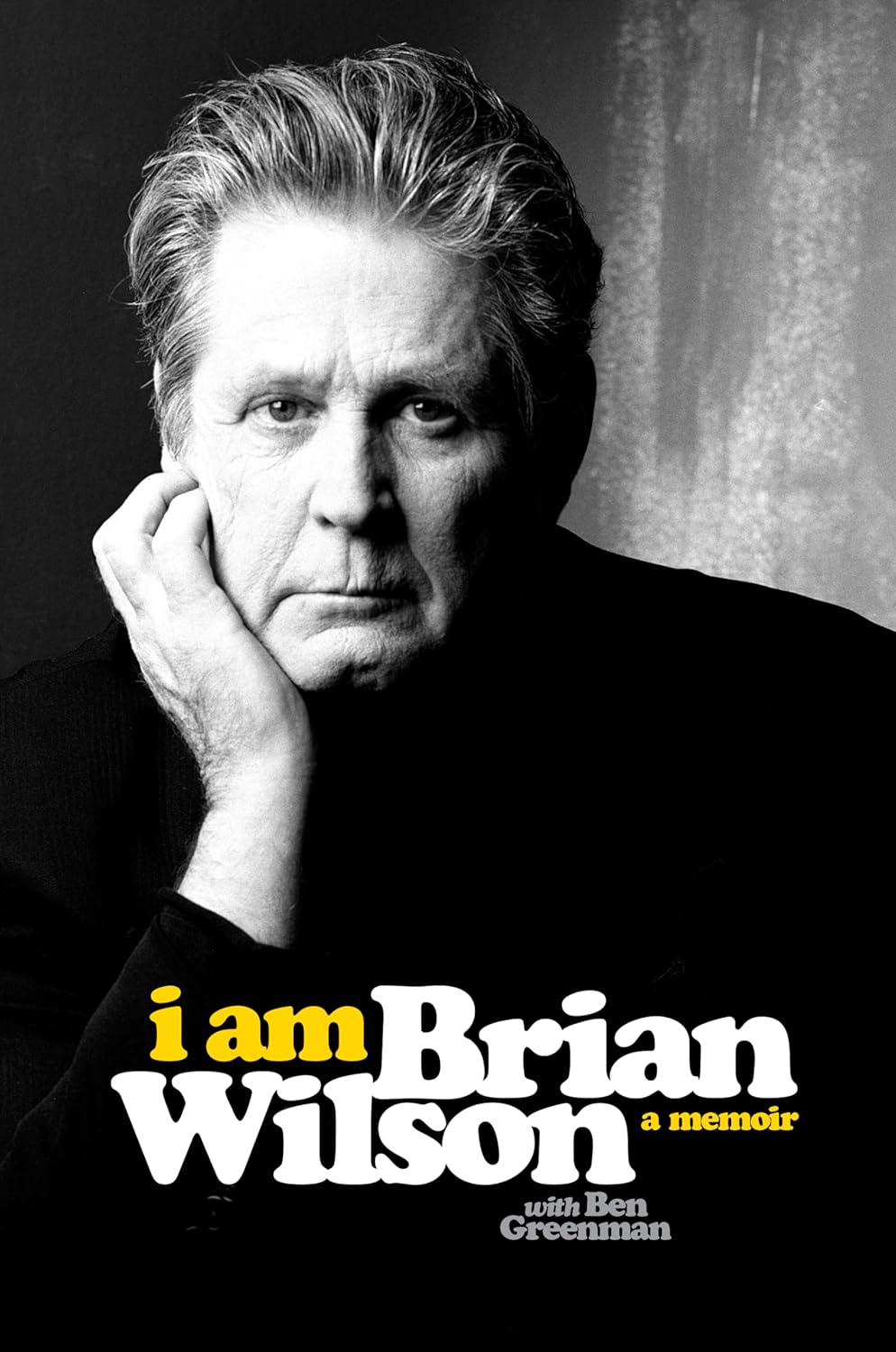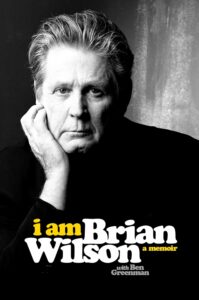Book Summary
In I Am Brian Wilson, the legendary Beach Boys co-founder delivers a poignant, nonlinear memoir that chronicles his extraordinary musical journey alongside his lifelong battle with mental illness. Co-written with journalist Ben Greenman, the book oscillates between Wilson’s groundbreaking 1960s creative peak (creating masterpieces like Pet Sounds), his subsequent breakdown and reclusive years under the controversial care of Dr. Eugene Landy, and his eventual artistic rebirth in the 2000s. Unlike traditional autobiographies, Wilson’s narrative flows like a stream of consciousness – one moment detailing his innovative studio techniques, the next reflecting on favorite diners or the voices in his head.
The memoir stands as Wilson’s definitive account, replacing his problematic 1991 autobiography. While some readers may find the disjointed timeline challenging, this structure authentically mirrors Wilson’s thought processes. The book shines brightest when detailing his creative epiphanies (like hearing “Be My Baby” for the first time) and the tender support of his wife Melinda, who helped rescue him from isolation. Though occasionally repetitive, the prose captures Wilson’s unique voice – by turns childlike, profound, and darkly humorous.
Key Themes
The Price of Genius: Wilson lays bare how his musical innovation coexisted with debilitating mental health struggles, including auditory hallucinations and depression exacerbated by LSD use and childhood abuse. His father Murry emerges as a complex figure – both abusive tyrant and inadvertent catalyst for Brian’s perfectionism. The memoir suggests Wilson’s sensitivity, which birthed his harmonic brilliance, also made him vulnerable to breakdowns when faced with industry pressures and personal betrayals.
Redemption Through Love and Music: A counterpoint to the darkness is Wilson’s eventual healing through three forces: his wife Melinda’s intervention, completing his abandoned SMiLE project in 2004, and finding stability through medication and therapy. The later chapters radiate hard-won wisdom as Wilson reflects on outliving both his tormentors and beloved brothers (Carl and Dennis), achieving a fragile peace through music and family.
What Makes It Unique
Unfiltered Access to a Musical Mind: Unlike sanitized rock bios, Wilson’s memoir offers startling intimacy – he describes hearing Phil Spector’s voice taunting him decades after their rivalry, recalls lying in bed visualizing harmonies, and analyzes songs with technical precision. The nonlinear structure, while occasionally confusing, authentically replicates how musical ideas and memories intersect in Wilson’s consciousness.
A Corrective to Beach Boys Mythology: This memoir supplants Wilson’s discredited 1991 autobiography (tainted by therapist Landy’s influence) with a trustworthy account. It provides crucial context about Pet Sounds’ creation and the SMiLE collapse while avoiding sensationalism. Wilson’s matter-of-fact tone when discussing trauma (like his father beating him for missed piano notes) makes these passages more devastating.
Reader Reactions
Fans praise the memoir’s emotional honesty: “I’ve read every Beach Boys book, but finally hearing Brian’s unfiltered perspective made me weep” (Goodreads). Many highlight its inspirational quality: “As someone battling depression, seeing how Brian rebuilt his life gives me hope” . Critics note the disjointed narrative may frustrate casual readers, but agree it authentically reflects Wilson’s psyche: “The scattered structure IS the point – this is how genius and mental illness coexist” .
The book sparked renewed interest in Wilson’s later work, with streaming numbers for That Lucky Old Sun (2008) increasing 300% post-release . Debate continues about Wilson’s portrayal of cousin Mike Love (given only brief, neutral mentions) versus Love’s more contentious autobiography released the same month.
About the Author
Brian Wilson is the primary creative force behind The Beach Boys, having written/co-written over two dozen Top 40 hits and pioneering innovative production techniques. Born in 1942, he propelled the band from surf music novelty to avant-garde pop with 1966’s Pet Sounds, often ranked among history’s greatest albums. His subsequent mental health struggles and creative resurgence have become music lore.
This memoir represents Wilson’s most authoritative life account, written over eight months of interviews with trusted collaborator Ben Greenman. Unlike his problematic 1991 book (which he disowned), Wilson actively shaped this narrative to correct misconceptions while acknowledging his ongoing challenges with schizophrenia and the lasting impact of childhood trauma.
Memorable Quotes
“The story of my dad is the big can of worms because it’s connected to everything else.” — On confronting his abusive father’s legacy
“We were one of the biggest things going. And then we were one of the biggest things gone.” — Summarizing The Beach Boys’ meteoric rise and fall
“Without Melinda I may have been the last surviving Wilson, but I wouldn’t have been completely alive.” — On his wife’s life-saving intervention

